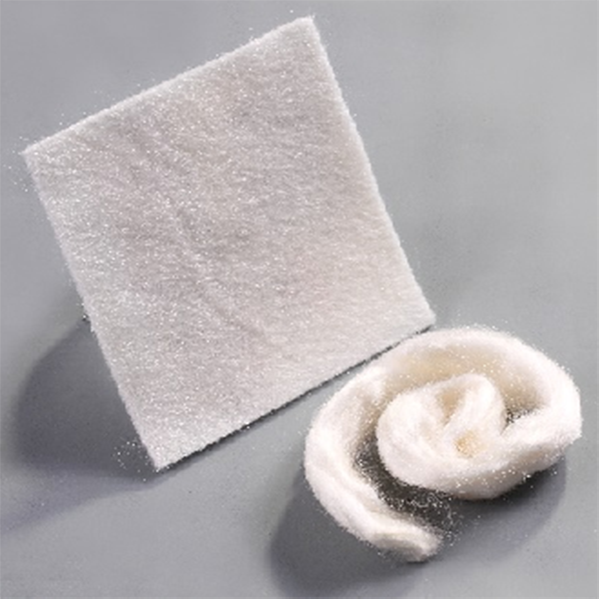18/10/2022
ByWinner Medical
 12622
12622
 Event
Event
Wound dressings are part of a wound care regimen that comes in contact with the wound and applies medication or other treatment. Wound dressings can be used by medical units for use during wound care after opening the package. As a wound heals, it is important to replace damaged tissue with new tissue and keep the surrounding area clean. In this blog article, learn more about Alginate Wound Dressings!

What are alginate wound dressings?
Alginate wound dressing is a highly absorbent dressing, which is also biodegradable because it uses substances derived from natural sources. An alginate wound dressing contains sodium and calcium derived from seaweed and comes in the form of flat dressings. As a highly absorbent wound care choice, these dressings really work for excessively-secreting wounds. In addition to being highly absorbent, the dressings are also flexible and may easily mold themselves into the shape of the wound site. This helps cover the entire wound site properly and therefore, triggers proper wound drainage.
If you're looking for an adhesive bandage that can help treat various types of wounds, alginate wound dressings may be a good option for you.
How are alginate wound dressings applied to the body?
Alginate is a type of foam that is often used as a dressing for wounds. It's made from marine algae and it has several properties that make it useful for wound care. First, it's very absorbent. This means that it can soak up a lot of water and other liquids, which helps to keep wounds hydrated. Second, alginate is soft and gentle on the skin. This makes it ideal for treating delicate wounds or areas that are prone to irritation. Finally, alginate is resistant to many types of bacteria and fungus, which makes it an effective treatment option for many types of wounds.
Benefits of alginate wound dressings
Alginate wound dressings are a popular choice for treating wounds. Here are some of the benefits they offer:
-Alginate is a natural polymer that forms a gel when mixed with water. This gel helps to seal the wound.
-Alginate is also non-toxic and easy to remove. If it begins to form a thick film, you can simply wash it off.
-Alginate is versatile and can be used on both fresh and dry wounds.
-It is safe to use on most skin types and does not require any special preparations or treatments before use.
Uses of alginate wound dressings
Alginates work by binding water and forming a gel that helps to stop the bleeding and keep the wound clean. They can be applied as a dry powder or liquid solution, and are easy to apply and remove. Alginates can also be molded into shape to fit the contours of the wound, and they are not likely to cause skin irritation.
Conclusion
Alginate wound dressings are becoming increasingly popular in the medical community. Alginate dressings contain alginic acid, which is a type of polysaccharide that acts as a gel and helps to form a protective layer over the wound. In addition, alginate dressings also have a number of other benefits, such as promoting tissue regeneration and reducing inflammation. If you are considering using an alginate wound dressing for your next injury, don't hesitate to choose from it Winner Medical.